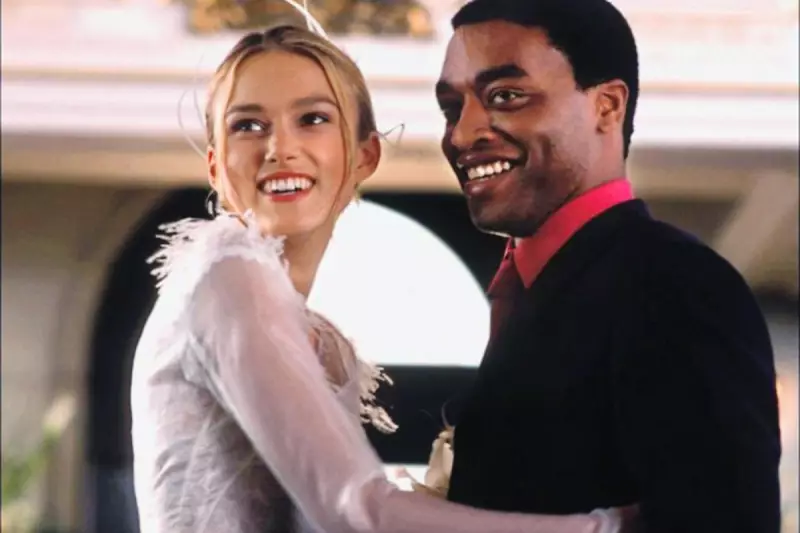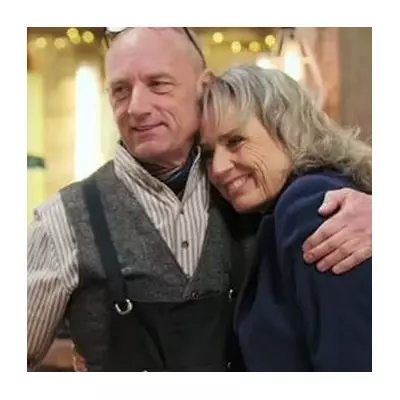
In a candid revelation that will make fans of the beloved Christmas classic see it differently, Keira Knightley has opened up about her changing perspective on one of Love Actually's most memorable moments.
The Oscar-nominated actress, who was just 17 when she filmed Richard Curtis's festive rom-com, told ITV's This Morning that a particular scene involving her character Juliet and co-star Andrew Lincoln's Mark now strikes her as decidedly "problematic."
The Infamous Cardboard Scene Revisited
Knightley specifically referenced the iconic moment where Mark arrives at Juliet's doorstep holding cardboard signs declaring his unrequited love. "The thing about that scene is, I'm not sure how I'd feel about it now," the 39-year-old actress confessed.
She elaborated that while the gesture might have seemed romantic in 2003, contemporary audiences might view it differently. "There's something about turning up to someone's house unannounced with signs declaring your love that feels... well, a bit much," Knightley observed with characteristic British understatement.
A Changing Cultural Landscape
The actress acknowledged that societal attitudes toward romance and boundaries have evolved significantly since the film's release. What was once considered grand and romantic might now be perceived as crossing personal boundaries.
"We're in a different time now," Knightley noted, highlighting how cultural perspectives on romantic gestures have shifted in the two decades since the film became a Christmas viewing staple.
From Teenage Perspective to Motherhood
Knightley's changed viewpoint isn't just about cultural shifts - it's also about personal growth. Having filmed the scene as a teenager and now being a mother of two, her life experience has given her a different lens through which to view the film's romantic dynamics.
The actress didn't completely dismiss the film's charm, acknowledging its enduring popularity and the affection audiences still hold for it. However, her comments reflect a broader conversation happening in the film industry about re-evaluating older works through modern ethical frameworks.
Knightley's honest reflection adds her voice to the growing discourse about how we reconcile our love for classic films with contemporary values - proving that even our most cherished holiday traditions can benefit from occasional re-examination.





